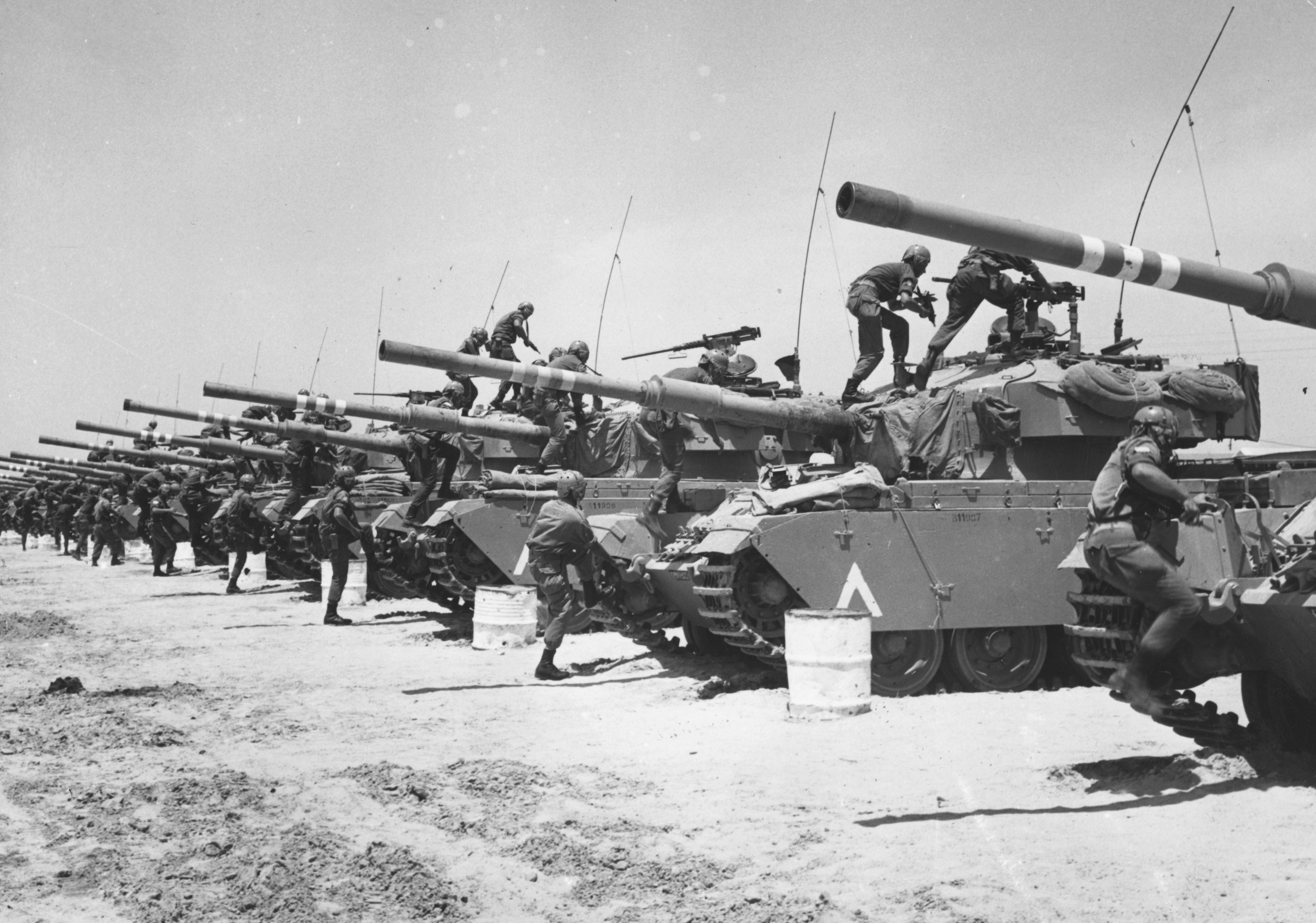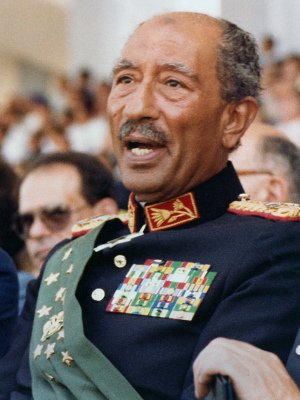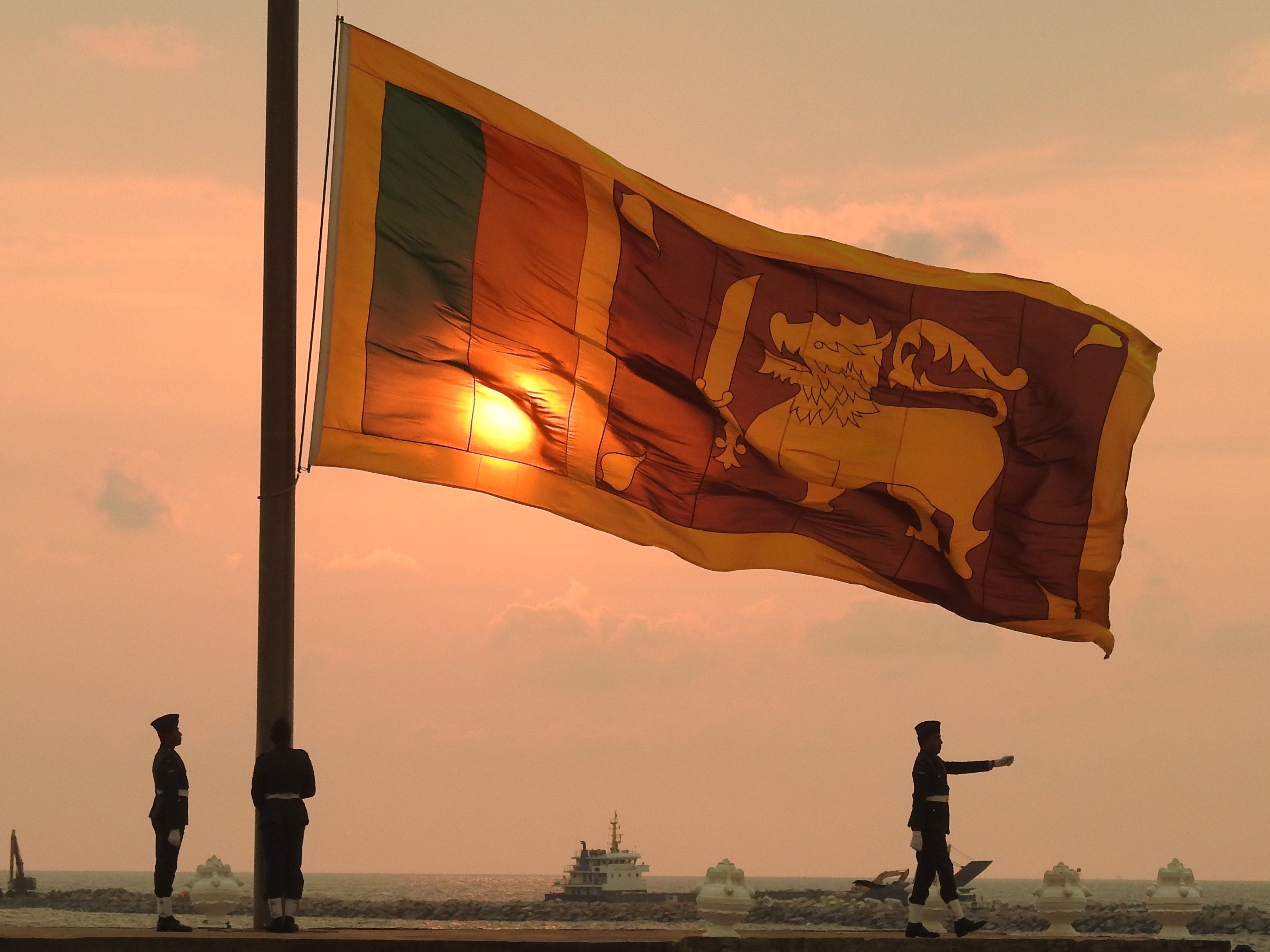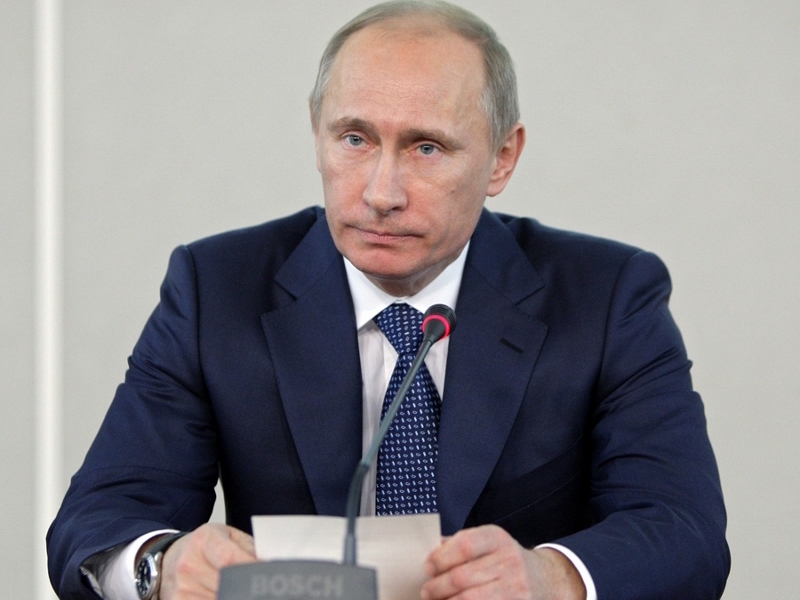
The most recent truce will hopefully mark the end of the crisis in Gaza, for now at least. Since both factions sent negotiating teams to Cairo, temporary ceasefires have been extended several times, but a lasting truce has been elusive until now. The situation on the ground in Gaza, for its part, remains desperate. The humanitarian ceasefires that have so far been brokered can only go so far to relieve the plight of thousands of civilians living in the city. Now, with the beginning of the peace deal, humanitarian agencies must have the access required to help the citizens of Gaza.
Throughout the most recent crisis, and many crises before it, Egypt has played a key role. The most interesting aspect of its involvement has been its almost complete about-face in its position towards the conflict. Starting as one of the most zealous opponents of Israel, it has become amongst the countries most dedicated to defusing the periodic violence. Egypt, historically the strongest power in the region, has proven itself to be the lynchpin of continued peace between the Arab States and Israel, an idea embodied by the 1978 Camp David Accords.
From the beginning of the Arab-Israeli conflict in 1948 to the end of the Yom Kippur War in 1973, Egypt and Israel were almost implacable enemies and went to war three times. Egypt under Gamal Abdel Nasser, and then Anwar Sadat ranked among the foremost states in the Middle East. Led by Egypt, the Arab states fought Israel in the 1948 war, the Six Day War in 1967, and the Yom Kippur War of 1973, but were defeated each time. Israel expanded its territory to include the Sinai Peninsula, the Gaza Strip, the Golan Heights and the West Bank.
By the end of the Yom Kippur War, it became clear that the balance of power in the region had tipped decisively in favour of Israel. Egypt had been severely weakened, both through its wars with Israel and its involvement in the North Yemen Civil War. An uneasy peace endured between 1973 and intense diplomatic efforts began, led by President Jimmy Carter, who hoped to finally secure a lasting peace in the region.

The Camp David Accords, finally signed on 18 September, 1978 by Anwar Sadat and Israeli Prime Minister Menachem Begin, marked the end of protracted state conflict between Israel and its neighbours. The peace has endured for nearly 40 years. During this time, Egypt has remained in some ways the guarantor of the Camp David Accords. In the years following Egypt’s normalization with Israel, other major Arab states including Lebanon and Jordan have made peace with the Jewish state, though Syria and Iraq still refuse to recognize it.
Egypt has therefore played a pivotal role in ensuring the immediate survival of Israel as a national entity. As the most powerful of Israel’s neighbours, it bore the brunt of the fighting. Its decision to cease hostilities robbed the anti-Zionist movement in the Arab world of much of its momentum. Without Egypt, any coalition of states would be far weaker and would almost inevitably fail to significantly threaten Israel.
Throughout the tenure of Sadat and his successor, Hosni Mubarak, the peace process has remained relatively secure. Though little progress has been made in solving the persistent issue of the Palestinian territories, Israel and Egypt interests stayed aligned enough to ensure the end of violence. It is only recently, after the Arab Spring, that observers have started to question whether the new Islamist government under Mohamed Morsi would carry on the spirit of Camp David with the same conviction as his military predecessors. Though Morsi assured the international community that he had no plans to reopen discussion on Camp David, there may have been sighs of relief in Western and Israeli backrooms following the 2013 military coup of the Egyptian government. Almost paradoxically, the secular military has been a strong supporter of a peaceful environment since Sadat’s about-face in the late seventies, most likely to protect its own extensive influence in the politics and economy of Egypt.
In the post-Camp David era, Egypt’s active diplomacy has been focused towards a solution to the question of Gaza and the West Bank. Its policy has been mixed. Though it continues to support the Palestinian Authority (PA) diplomatically, it has typically complied, recently, with the blockade of Gaza. It has traditionally acted as the primary mediator in short term negotiations. While there have clearly been no successful long term negotiations, Egypt’s role as a moderator and mediator is invaluable.
Egypt’s involvement in the Arab-Israeli crisis has therefore been characterized by a profound about-face. Once the leader of the Arab coalition against Israel, Egypt has become one of the most important guarantors of the peace. In order to secure any lasting peace, and especially solve the thorny issue of the Palestinian territories, Egypt must remain a significant and stable partner.




